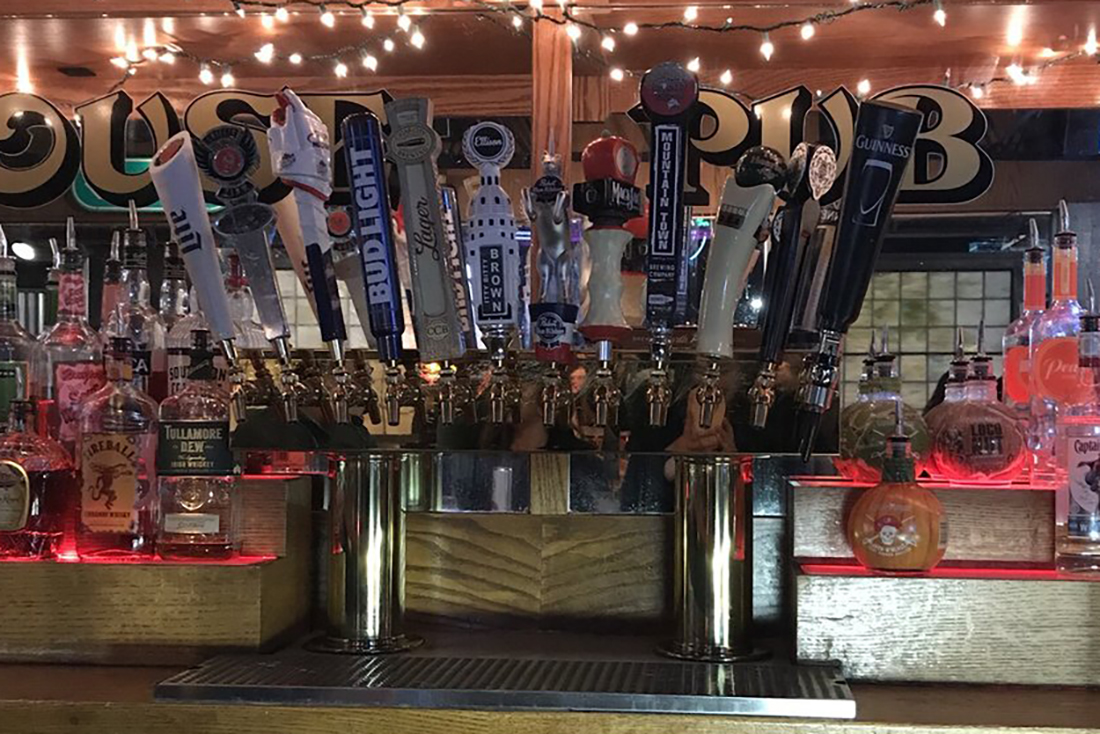We mentioned our Google Scholar alert for “normative misperceptions” in a previous post about a paper that was interesting but not directly relevant. Here is a prime example of the opposite result from our alert: a paper that is interesting and directly relevant. From the Department of Psychiatry and Behavioral Sciences at the University of Washington, this review paper, published in NIAAA’s online journal, provides an invaluable overview of “universal” (or “primary prevention”) interventions, designed to be delivered electronically, with the goal of decreasing risky drinking among college students. The focus is on interventions that have been tested in classic randomized controlled trials. Here’s the Abstract, followed by the citation to the article (as usual, the title hyperlinks to the article):
Alcohol consumption is prevalent among college students and can be associated with serious negative consequences. Several efficacious programs using one-on-one brief intervention techniques have been developed to target high-risk drinking by individual students, such as the Brief Alcohol Screening and Intervention for College Students (BASICS) (Dimeff et al. 1999). To reach a larger population (e.g., the incoming freshman class), researchers have adapted these interventions so that students can access them via the Internet or in some other electronic format. The purpose of this review is to discuss specific alcohol intervention programs that were (1) designed to be delivered remotely (e.g., via the Web or on an electronic device) without interaction with a provider and (2) were tested among college students using a randomized controlled trial design. Specific studies were drawn from earlier reviews as well as a comprehensive literature search. Although many programs have limited research support, and some findings are mixed, components that were directly translated from in-person BASICS to remote-delivery mediums (i.e., personalized feedback interventions Cronce, J. M., Bittinger, J. N., Liu, J., & Kilmer, J. R. (accessed May 5, 2015). Electronic Feedback in College Student Drinking Prevention and Intervention. Alcohol Research: Current Reviews.






